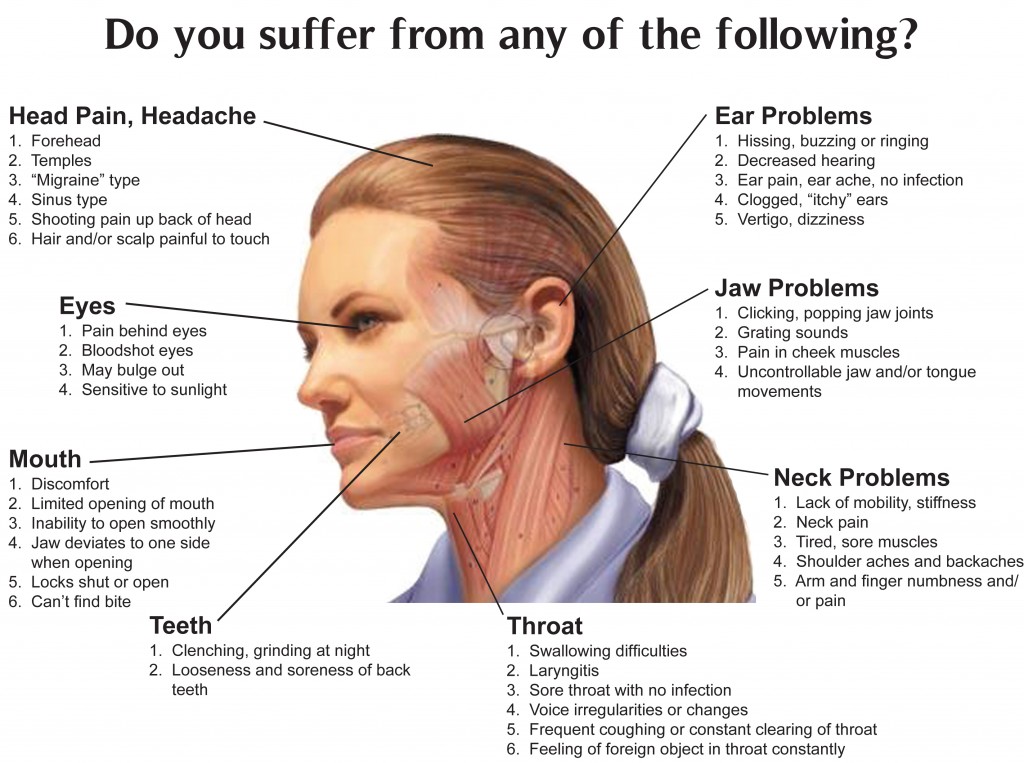Temporomandibular joint dysfunction (TMJ) is a common condition that affects the jaw joint and surrounding muscles. This disorder can cause significant discomfort and disrupt daily activities. Fortunately, there are several self-care strategies that can help manage and alleviate symptoms. In this article, we will explore effective self-care techniques for TMJ, providing you with the knowledge to take control of your condition.
Key Takeaways
- Understanding the symptoms and causes of TMJ is crucial for effective self-care.
- Self-care strategies include jaw exercises, stress management, and dietary adjustments.
- Consistency and patience are key in managing TMJ symptoms.
Understanding Temporomandibular Joint Dysfunction
What is Temporomandibular Joint Dysfunction?
Temporomandibular joint dysfunction, often abbreviated as TMJ, refers to a range of conditions affecting the temporomandibular joint, which connects the jawbone to the skull. This joint allows for the movement necessary for talking, chewing, and yawning. TMJ disorders can result from various factors, including injury, arthritis, or habitual clenching and grinding of teeth.
Symptoms of TMJ
Common symptoms of TMJ include:

- Jaw pain or tenderness
- Difficulty chewing or discomfort while chewing
- Locking of the jaw
- Clicking or popping sounds in the jaw
- Headaches or earaches
Causes of TMJ
Several factors can contribute to the development of TMJ, such as:
- Injury to the jaw or head
- Arthritis in the temporomandibular joint
- Chronic teeth grinding or clenching (bruxism)
- Stress, which can lead to muscle tension in the jaw
Effective Self-Care Strategies for TMJ
Jaw Exercises
Performing specific jaw exercises can help strengthen the muscles around the joint and improve flexibility. Here are a few exercises to consider:
- Relaxed Jaw Exercise: Place your tongue on the roof of your mouth and allow your teeth to come apart while relaxing your jaw muscles.
- Goldfish Exercises: Place one finger on your TMJ and another finger on your chin. Drop your lower jaw halfway and close. Repeat this exercise several times.
- Chin Tucks: Pull your chin straight back, creating a “double chin” look. Hold for a few seconds and release. Repeat several times.
Stress Management
Stress can exacerbate TMJ symptoms by causing muscle tension. Incorporating stress management techniques into your daily routine can be beneficial. Consider the following methods:
- Mindfulness Meditation: Practice mindfulness meditation to reduce overall stress and promote relaxation.
- Deep Breathing Exercises: Engage in deep breathing exercises to help relax your muscles and reduce tension.
- Regular Physical Activity: Exercise regularly to manage stress and improve overall well-being.
Dietary Adjustments
What you eat can impact your TMJ symptoms. Making dietary adjustments can help alleviate discomfort. Consider the following tips:
- Soft Diet: Consume soft foods that require minimal chewing, such as yogurt, mashed potatoes, and smoothies.
- Avoid Hard Foods: Steer clear of hard or chewy foods like nuts, raw vegetables, and tough meats.
- Small Bites: Take smaller bites and chew slowly to reduce strain on your jaw.
Heat and Cold Therapy
Applying heat or cold to the jaw area can help manage pain and reduce inflammation. Here’s how to use these therapies effectively:
- Heat Therapy: Apply a warm compress or heating pad to the affected area for 15-20 minutes to relax muscles and improve blood flow.
- Cold Therapy: Use an ice pack wrapped in a cloth and apply it to the jaw for 10-15 minutes to reduce swelling and numb pain.
Good Posture
Maintaining good posture can alleviate TMJ symptoms by reducing strain on your jaw and neck muscles. Follow these tips for better posture:
- Sit Upright: Ensure that your back is straight and your shoulders are relaxed when sitting.
- Ergonomic Workspace: Set up your workspace to promote good posture, with your computer screen at eye level and a supportive chair.
- Frequent Breaks: Take regular breaks to stand, stretch, and move around to prevent muscle stiffness.
Impact of TMJ on Daily Life
Personal Life
TMJ can significantly affect your personal life by causing chronic pain and discomfort. Simple activities such as eating, speaking, and yawning can become challenging. Additionally, the constant pain can lead to irritability and stress, impacting your relationships and overall quality of life.
Professional Life
In a professional setting, TMJ can hinder your performance by causing distractions due to pain and discomfort. It may also lead to frequent absences from work or difficulty concentrating on tasks. Effective self-care strategies can help mitigate these impacts and improve your productivity.
Public Reaction
TMJ has gained attention in the public and media due to its prevalence and the impact it has on individuals’ lives. Various health organizations and media outlets have highlighted the importance of recognizing TMJ symptoms and seeking appropriate care. Public awareness campaigns have also emphasized the role of self-care in managing this condition.
Future Plans
The future of TMJ management looks promising with ongoing research and advancements in treatment options. Emerging therapies, such as regenerative medicine and minimally invasive surgical techniques, offer hope for more effective and less invasive solutions. Additionally, increased awareness and education about TMJ self-care can empower individuals to take proactive steps in managing their condition.
Temporomandibular joint dysfunction can be a challenging condition to live with, but with the right self-care strategies, you can manage and alleviate your symptoms. By incorporating jaw exercises, stress management techniques, dietary adjustments, and proper posture into your daily routine, you can take control of your TMJ and improve your quality of life. Remember, consistency and patience are key to achieving the best results. Stay informed and proactive in your self-care journey, and you’ll be well on your way to managing TMJ effectively.


